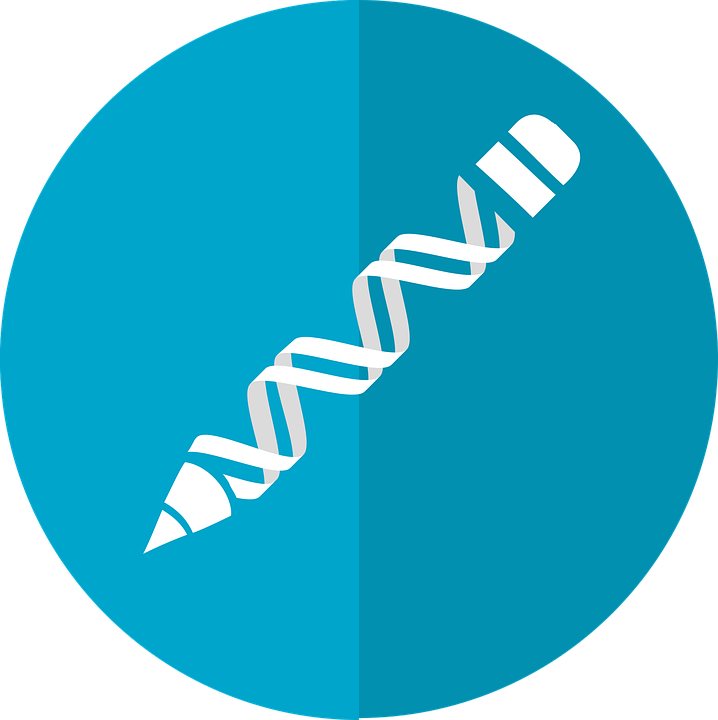Do Genes Really Determine Your Hobbies, Relationships, and Voting Habits?
By Catherine Bliss,
Zocalo Public Square
| 09. 25. 2018
Over the past 25 years, we’ve become surprisingly comfortable with the idea that genes play a large role in our lives. When DNA is in the mix, people assume that it is the primary cause of whatever human trait is being talked about. People may choose whether to pursue a hobby or a relationship based on test results—even though it means that they must dismiss the other information they have at their disposal. Judges have even used genetic tests to make sentencing decisions.
Even science has carried this idea to extremes. Genes, for example, are said to account for the difference between people who are perpetual cheaters and those in a lifelong committed relationship. Genes are said to be the reason why some people vote conservative while others vote liberal and why some don’t vote at all. Genes supposedly determine our ability to get through those last years of college, to keep ourselves out of credit card debt, or to invest in the stock market in order to plan for our retirement. And on and on.
If...
Related Articles
By Arthur Lazarus, MedPage Today | 01.23.2026
A growing body of contemporary research and reporting exposes how old ideas can find new life when repurposed within modern systems of medicine, technology, and public policy. Over the last decade, several trends have converged:
- The rise of polygenic scoring...
By Stephanie Pappas, LiveScience | 01.15.2026
Genetic variants believed to cause blindness in nearly everyone who carries them actually lead to vision loss less than 30% of the time, new research finds.
The study challenges the concept of Mendelian diseases, or diseases and disorders attributed to...
By David Cox, Wired | 01.05.2026
As he addressed an audience of virologists from China, Australia, and Singapore at October’s Pandemic Research Alliance Symposium, Wei Zhao introduced an eye-catching idea.
The gene-editing technology Crispr is best known for delivering groundbreaking new therapies for rare diseases, tweaking...
By Josie Ensor, The Times | 12.09.2025
A fertility start-up that promises to screen embryos to give would-be parents their “best baby” has come under fire for a “misuse of science”.
Nucleus Genomics describes its mission as “IVF for genetic optimisation”, offering advanced embryo testing that allows...




